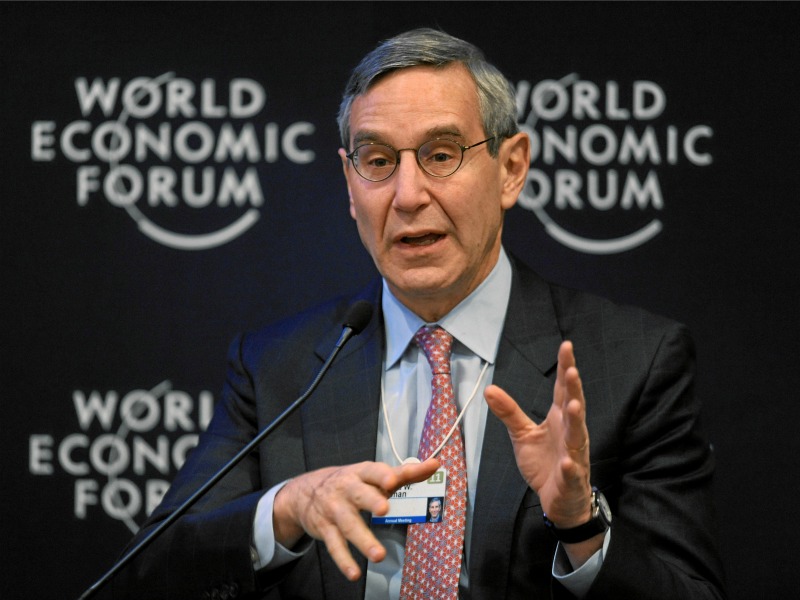Diana Marszalek 23 May 2022 // 4:55PM GMT

NEW YORK — A new Edelman Trust Barometer report finds Russia’s war on Ukraine has pushed geopolitics to the top of the business agenda, with nearly every respondent saying they expect companies to respond to an unprovoked invasion by applying political or economic pressure.
The survey of 14,000 adults in 14 countries (Brazil, Canada, China, France, Germany, India, Japan, Mexico, Saudi Arabia, South Africa, South Korea, UAK, UK and US) found 59% of consumers believe geopolitics is now a top priority for business, while 47% have bought or boycotted brands based on the parent company’s response to the invasion of Ukraine.
Companies that have suspended business in Russia are more likely to attract and retain employees, the research found, with 79% of respondents saying they would be more loyal to and 80% more willing to recommended employers that have taken such action. More than 60% of respondents said CEOs should shape policy debates on continuing to do business in Russia.
Companies that pull out of Russia also can garner “a huge net increase” of 30 points in trust. Trust in those that continue doing business in Russia can lose 38 points. All sectors are expected to stop operations in Russia, including healthcare (40%) and food and beverage (36%). More than half (56%) of consumers also believe that companies leaving Russia will force Moscow’s withdrawal from Ukraine.
Consumers new expectations extend beyond Ukraine. Most respondents said they expect companies to respond when countries where they do business have abusive labor practices (97%), repressive governments (95%) and inadequate environmental protections (94%).
62% believe business has a responsibility to set limits on what is acceptable and pull out of countries that operate beyond them.
Business keeps its position as the most trusted institution (up one point to 62%), followed by NGOs (up one point to 59%), government (up three points to 56%) and the media (up two points to 52%).
The trust gains are largely among those in the top 25% income bracket, while the lowest quartile has remained stagnant. As a result the income-based trust divide (17 points) continues to widen. Trust among high income individuals rose three points compared to just one point among low-income respondents
Highest income-based trust gaps are in the West: UK (34 points); Germany (28 points); France (23 points); and US (23 points) Biggest trust gap for institutions is business, with 72% trust among the highest income earners and 52% trust in the lowest 25%
Journalists (53%) and “my fellow citizens” (64%) saw the biggest gains in trust at seven points followed by CEOs (56%) at six points. My CEO (70%) jumped four points.
“Business has emerged in the past two years as the most trusted institution in the Edelman Trust Barometer. Its greatest advantage is competence, fifty points higher than government,” wrote CEO Richard Edelman. “This ability to get things done has led to an increasing reliance on business, not government, as primary actor on societal issues from sustainability to diversity and inclusion to human rights to wage levels and re-skilling. The Russian invasion of Ukraine has now added geopolitics to the list of business priorities. The exit of 1,000 companies from the Russian market in the three months since the invasion is also evidence of the new values standard for business, expected to be an ethical participant in society.”


































.jpg)


















